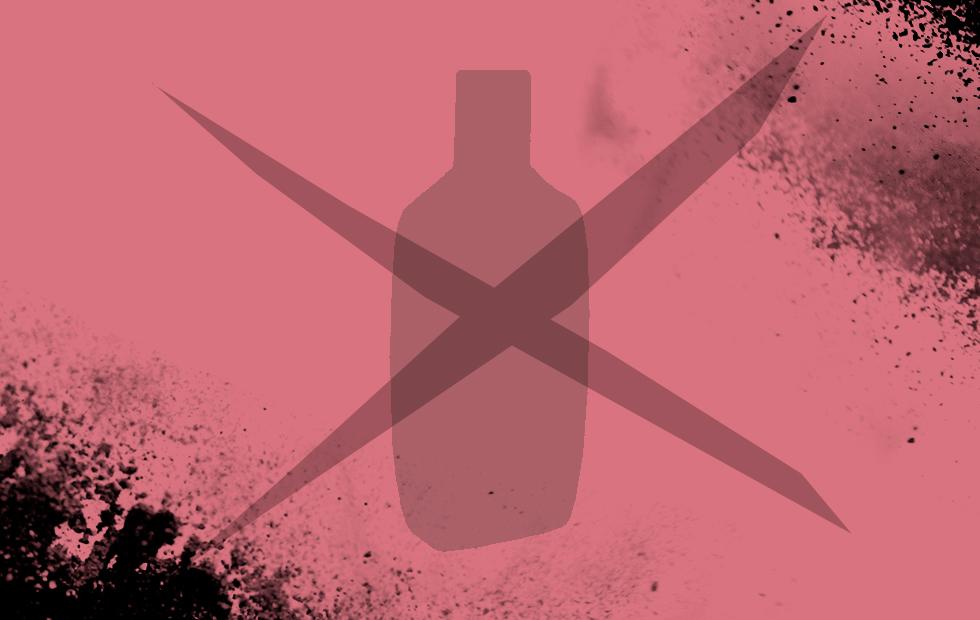You may have heard about travelers who carry their own wooden or metal straw when travelling so they don’t have to use plastic straws. It is a good practice of sustainable travel to help preserve the environment because plastic is ‘dangerous’ because it is non-biodegradable. however, have you heard about sunscreen ban? Do you know that non-biodegradable sunscreen containing harsh chemicals are found to be toxic to coral reefs and other sea life? The reason of sunscreen ban is that it contains harsh chemical such as oxybenzone which has been proven to be dangerous to the sea life. Are you ready to abandon sunscreen like you did you plastic straws?

Travel and sunscreen bans
Some countries have already enacted sunscreen bans especially in those places where the beaches are the main attraction of their tourism. Which destination is enacting sunscreen bans now?
Several travel destinations are enacting sunscreen bans include U.S virgin Islands, Hawaii, Florida, Bonaire, Palau, and Mexican Vacation Spots. In the U.S Virgin Islands, the ban of chemical sunscreen is was recently announced. The bill itself was already signed in July 2019. any sunscreen containing oxybenzone and octinoxate are banned because they are harmful to the coral reefs. The terms will go into effect precisely in March 2020.
In Hawaii, any chemical sunscreen containing harsh chemicals that have been proven to be reef-damaging are banned. If your sunscreen contains other natural ingredients which are just as effective as oxybenzone or octinoxate such as zinc oxide then it is not harmful to the coral reefs. Keep in mind that our planet has lost about half of its coral reefs. One of the biggest reasons is contamination from toxic substance from sunscreen worn by travelers when exploring the sea.
In Florida, sunscreen ban is also being enacted. It is specifically to protect the Key West, which is a home to the largest coral reefs in the continental United States. They ban any non-biodegradable sunscreen that can harm coral reefs and other sea life. The law starts in 2021. the move is expected to raise awareness of the issues.
In Bonaire, Caribbean Island, sunscreens with toxic chemicals to coral reefs are also banned. Since 1980, 90% of coral reefs in Caribbean have disappeared. Thus, the move of sunscreen ban is expected to reduce the impact to the coral reefs. Oxybenzone and octinoxate have negative impacts to sea life including coral reefs.
Palau is also banning the use of non-biodegradable sunscreen. The terms will take effects in 2020. lawmakers in Palau also said that business that persistent for selling non-biodegradable sunscreens will be fined. It could be up to $1,000. Palau is a very precious home to wide variety of sea life including coral reefs.
In Mexico, some popular vacation spots are also encouraging or asking their visitors to not use chemical or non-biodegradable sunscreens. Visitors are still allowed to use natural sunscreens with non-harmful effect to the seal life. Some places that asking their visitors to use only natural sunscreen include Xcaret Park, Xel Ha, Garrafon Natural Reef Park, etc.